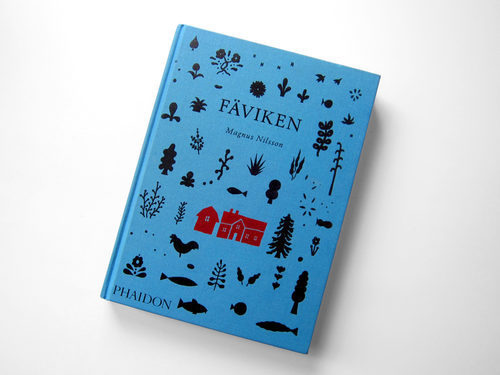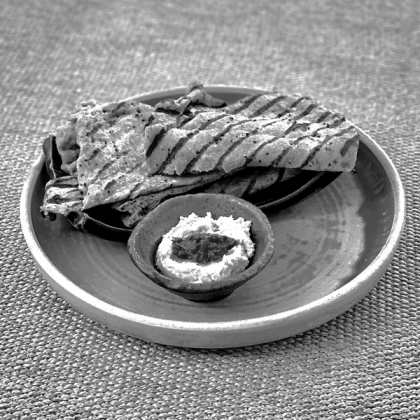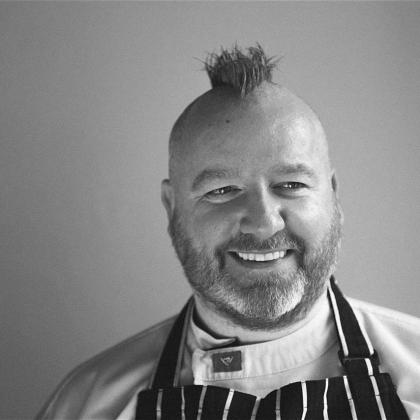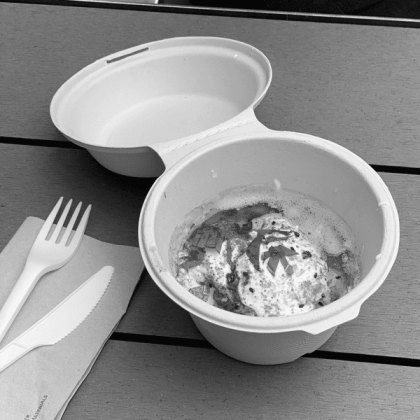“Crispy Lichens, light garlic cream.
Shavings of old sow.
Roast bone marrow and dices of raw heart from moose, very recently sliced cabbage, grilled bread and sage salt.’”
Something about the menus from Magnus Nilsson’s Faviken restaurant in Sweden invites you to bring forward your inner pedant.
Just how “recently” do we mean with that sliced cabbage? If it was more than three hours, do we send it back as being not “recently” enough for our rarified palates. Any anyway: how “old” was that “old sow”? Would six years be unacceptable, and eight years better? And how crisp should a lichen be? Very crisp? Very, very crisp?
Faviken might invite this sort or eyebrow-raised approach, but that would be a very big mistake. Mr Nilsson is serious, and his food, in this beautiful book, is very serious also. You can make fun of it, but he knows what he wants to do, and the precision of his conception is as sharp as the precision of his cooking, and of his writing.
That writing is important: Faviken is an inspiring book to read, not least the section entitled “Giving a carrot the attention it deserves”.
For many readers, this piece will bring back memories of the extraordinary ode to slicing an onion which Robert Farrar Caplan wrote at the start of his book, “The Supper of the Lamb”.
It is cooking in minutiae, explained by this animus – “I have always tried to become a little better at what I do every time I do it, regardless of whether it is a small thing, such as how best to clean a stainless-steel work surface, or a significant thing, such as roasting a whole bird or peeling a carrot.”
Nilsson himself hereby sums up his approach better than anyone else, and this obsessiveness explains the success of the restaurant, and the success of the book: he takes every element back to the elemental stage, and he is alive to the poetry and potential of these elements. His food is good to eat but, above all, it is good to think. “Faviken” is a beautiful piece of work.







